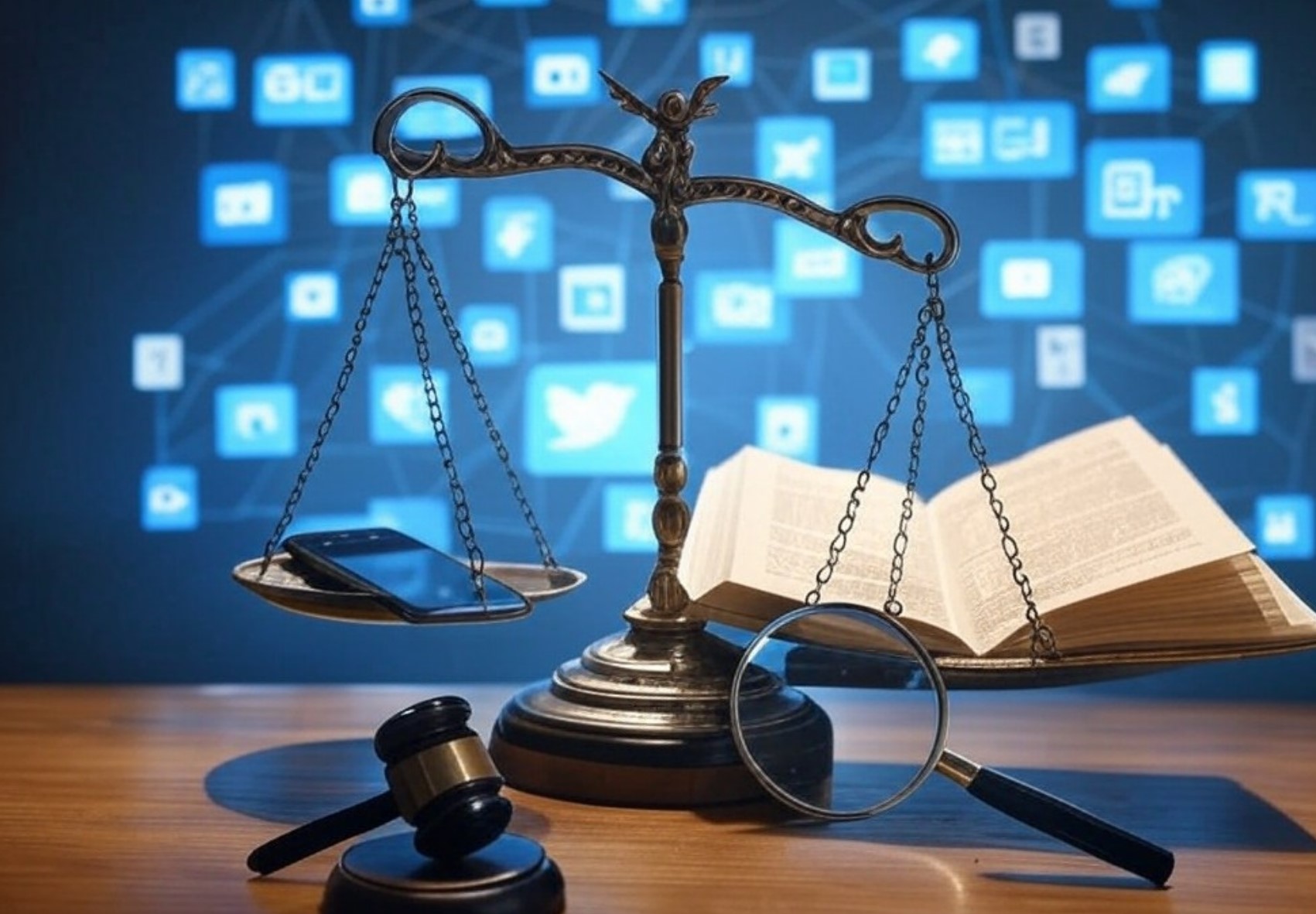This guide, “From Privacy to Accountability,” navigates the complex landscape of social media governance, addressing critical issues from privacy protection to platform accountability. It examines current legislative efforts aimed at regulating how social media companies handle data, moderate content, and ensure user safety. By exploring the balance between freedom of expression and ethical responsibility, this guide offers insights into the evolving laws that seek to foster a safer, more transparent digital environment. It’s an essential read for understanding the legal frameworks shaping our online interactions.
There are several acts and legislative initiatives worldwide aimed at governing social media companies, focusing on various aspects like content moderation, privacy, user rights, and more. Here’s an overview of some notable ones:
United States:
Section 230 of the Communications Decency Act (1996): This provides immunity to online platforms for content posted by third parties, although it has come under scrutiny for potentially allowing too much harmful content to remain online. There have been numerous proposals to amend or repeal this section.
PACT Act (Platform Accountability and Consumer Transparency Act): Introduced in 2021, this bill aimed to make platforms more accountable for content moderation by requiring them to have transparent and consistent policies.
Protecting Kids on Social Media Act (S.1291 – 118th Congress, 2023-2024): This bill focuses on age verification, parental consent for minors, and restrictions on using minors’ data in algorithms.
Various State Laws: States like Texas and Florida have passed laws attempting to regulate how social media platforms can moderate content, particularly political speech. These have faced legal challenges under the First Amendment.
United Kingdom:
Online Safety Act: This act compels social media platforms to actively moderate content that could be harmful, especially to children. It includes measures against illegal content and requires platforms to assess risks to children.
European Union:
General Data Protection Regulation (GDPR): While not exclusive to social media, GDPR has significantly impacted how these platforms handle user data across Europe, emphasizing privacy and user control.
Digital Services Act (DSA): Aimed at creating a safer digital space in the EU, it targets issues like illegal content, transparency of algorithms, and user rights. It imposes new obligations on platforms regarding content moderation and user redress.
Australia:
Sharing of Abhorrent Violent Material Act (2019): This law holds social media companies accountable for not removing abhorrent violent material promptly, with severe penalties for non-compliance.
Enhancing Online Safety Act (2015): It established an eSafety Commissioner to oversee online safety, including the power to mandate the removal of cyberbullying content.
Germany:
NetzDG (Network Enforcement Act, 2017): This law requires social media platforms to remove certain illegal content within 24 hours after it’s reported or face fines. It’s aimed at curbing hate speech and fake news.
Canada:
Online Harms Act: Proposed legislation that would allow the government to fine companies for not following orders from a new Digital Safety Commission regarding the removal of content deemed “legal but harmful.”
These acts and laws focus on different aspects of social media governance, from content to privacy, reflecting the complex landscape of regulating digital platforms. However, the effectiveness, enforcement, and balance with free speech rights continue to be debated globally.
